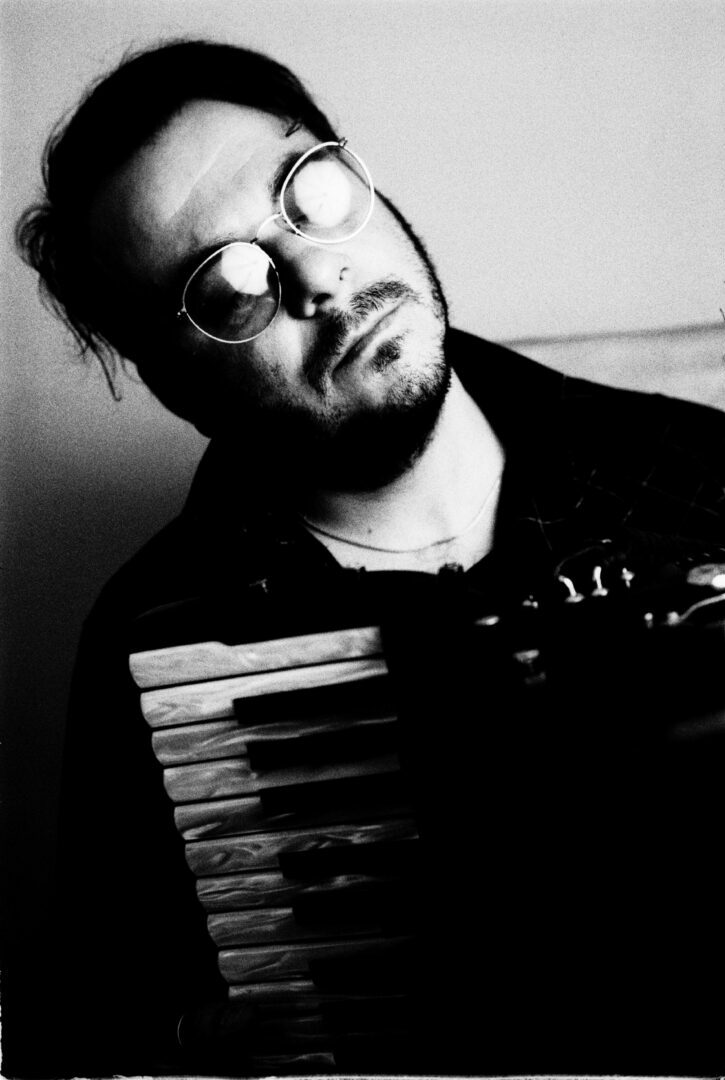We recently connected with Giorgio Albanese and have shared our conversation below.
Giorgio , so good to have you with us today. We’ve got so much planned, so let’s jump right into it. We live in such a diverse world, and in many ways the world is getting better and more understanding but it’s far from perfect. There are so many times where folks find themselves in rooms or situations where they are the only ones that look like them – that might mean being the only woman of color in the room or the only person who grew up in a certain environment etc. Can you talk to us about how you’ve managed to thrive even in situations where you were the only one in the room?
Being the only one in the room that looks like me has taught me to embrace the unique perspective I bring to the table. I’ve learned to see this as a strength, as it allows me to introduce fresh ideas and insights that may not be as obvious to others. For example, in collaborations, my background as an Italian jazz accordionist and composer often brings in musical influences that are different from what my peers are used to, and this sparks exciting discussions and creative directions that enhance our work.
To be effective in these situations, I’ve developed a strong sense of adaptability and learned how to bridge differences by finding common ground, whether it’s through shared goals, values, or simply a passion for music. I focus on building genuine connections and trust with others, which helps me foster a collaborative atmosphere where everyone’s contributions feel valued. Over time, this experience has helped me grow confident in my abilities and to stay true to my vision, even if it’s different from others around me. Ultimately, it has made me more resilient and resourceful, and I see my unique position as an opportunity to bring something special to every project I’m part of.
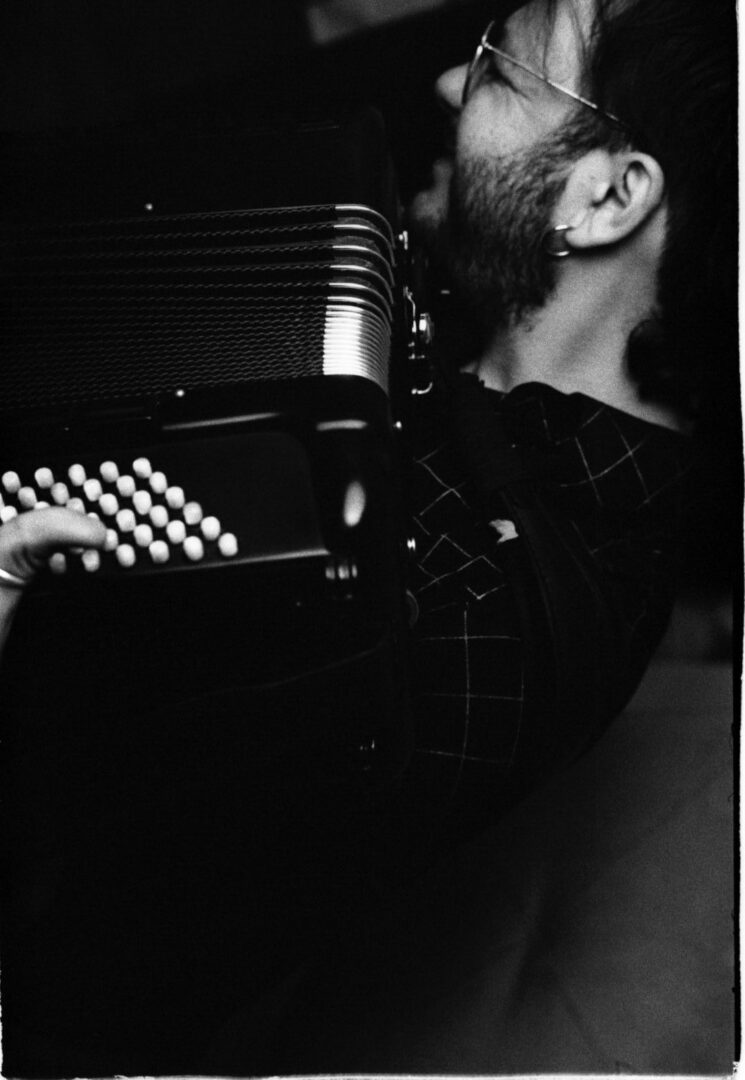
Thanks, so before we move on maybe you can share a bit more about yourself?
I’m a jazz accordion player and composer originally from Italy, and my journey with this instrument began in childhood and has been a lifelong passion. One unique aspect of my work is that I play an instrument traditionally linked to folk traditions across the world, yet I’ve always believed the accordion has an incredible range beyond its typical roles. It’s a versatile instrument capable of exploring soundscapes rarely heard on the accordion.
As an artist, I’m naturally open to a variety of influences, and I avoid setting musical boundaries unless they serve my artistic vision, helping me to convey the most authentic aspects of myself. Over time, I’ve focused more intently on the world of improvised music, particularly jazz, where I feel I can fully express myself. Jazz offers me the depth and freedom to explore my craft, although I still appreciate and draw from many genres.
In composition, my experience with the accordion has given me a unique perspective, expanding my understanding of the technical and structural elements of music. This insight aligns closely with my approach to performance, allowing me to create music rich in both technique and emotion. Over the years, I’ve branched out to compose not only for the accordion but for jazz ensembles, orchestras, electroacoustic music, and media. I’m continually excited to push the boundaries of my craft, always seeking new ways to surprise myself and my listeners.
I’m thrilled to announce the upcoming release of my second jazz album, recorded with an incredible ensemble of musicians from around the world. It features my compositions and arrangements for a medium/large ensemble, and I believe it will soon be available on various platforms. I’m looking forward to sharing this work with everyone.
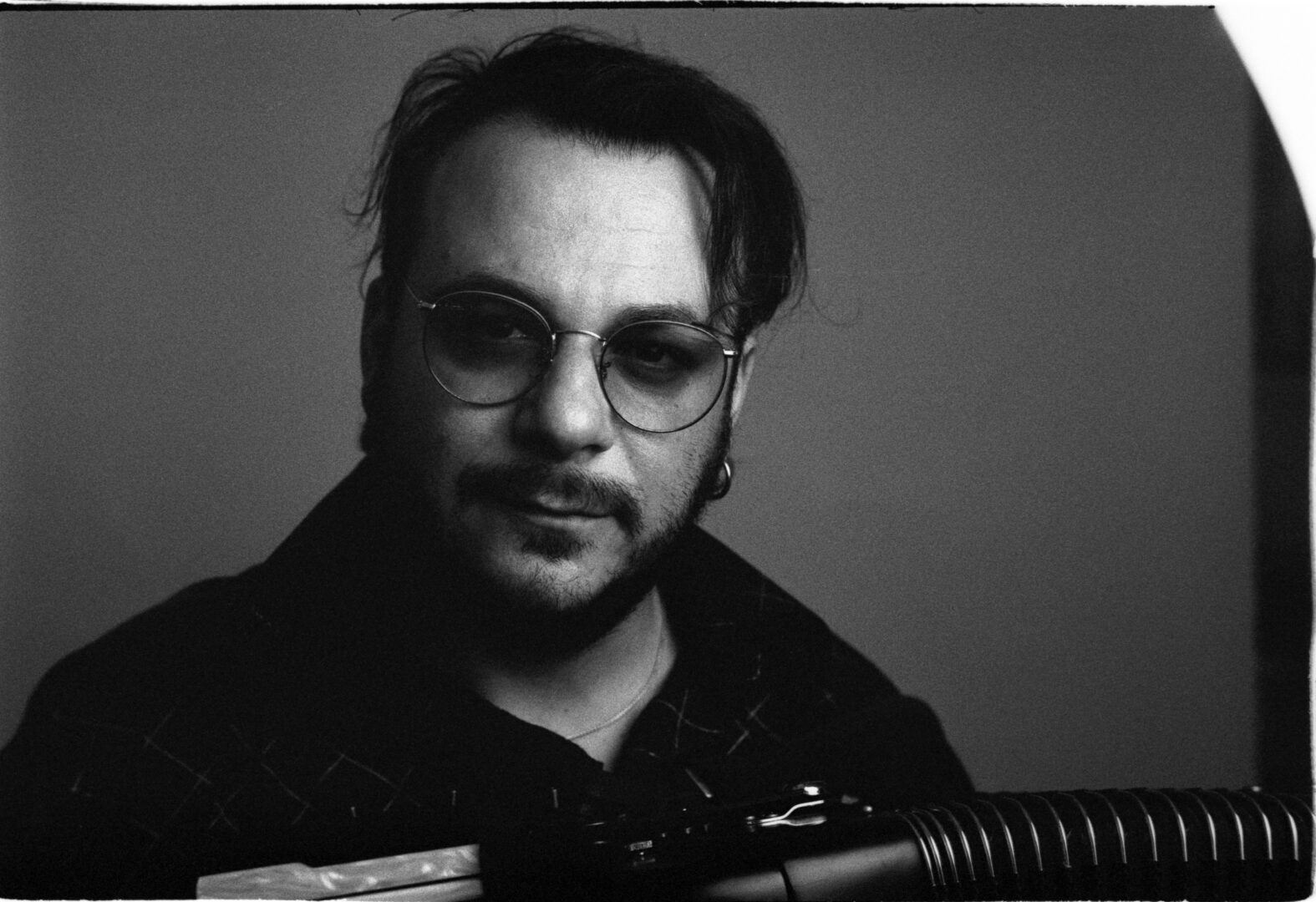
There is so much advice out there about all the different skills and qualities folks need to develop in order to succeed in today’s highly competitive environment and often it can feel overwhelming. So, if we had to break it down to just the three that matter most, which three skills or qualities would you focus on?
Discipline: Discipline is essential in any field, as it creates a deep, almost spiritual connection with your craft. The more energy you invest, the more you embody and become aligned with what you do. For those just starting out, I’d advise making discipline a daily practice—it will build a strong foundation and foster a meaningful relationship with your work.
Perseverance: Perseverance is closely linked to discipline but often arises in moments of challenge or doubt. There will be times when motivation wanes, fatigue sets in, or energy feels low. Learning to accept these moments with patience helps you reflect inward, encouraging gentle self-adjustment or simply acceptance. Perseverance keeps us aligned with our vision, with discipline providing the action, and trust calming and grounding us.
Trust: Trust is the third essential component. It’s something that must be consciously cultivated but can’t be overlooked. Trust in yourself, your vision, others, and the universe helps you let go of ego and embrace a more fluid, natural process. Rather than forcing outcomes, trust allows things to unfold as they are meant to. For those early in their journey, cultivating trust can help you remain calm and centered, allowing your work to flow more organically.
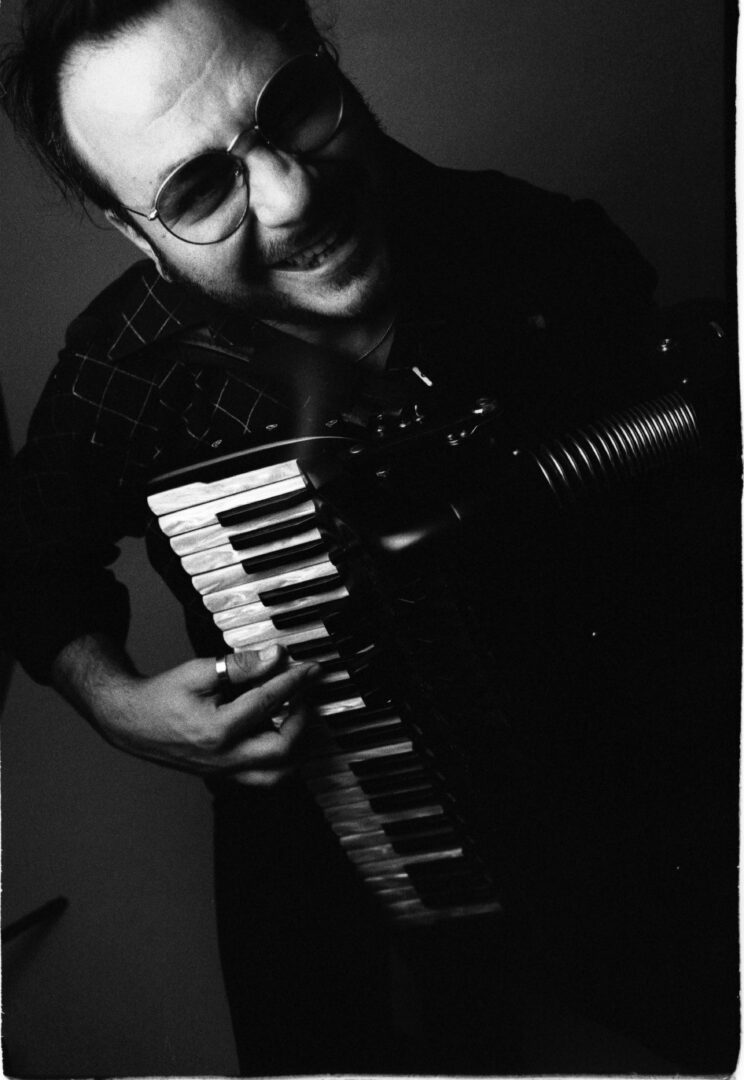
Do you think it’s better to go all in on our strengths or to try to be more well-rounded by investing effort on improving areas you aren’t as strong in?
I believe both approaches are essential. It’s often easier to find success by focusing on what we do best, but it’s equally important to address our weaknesses. This balance applies to both our professional and personal lives. Ultimately, we are the result of our daily efforts to strengthen our talents and develop areas where we’re less skilled.
In a way, these two pursuits are different sides of the same coin: our strengths and weaknesses make us who we are. Embracing both is part of a holistic growth process that allows us to expand our limits without feeling boxed in by them. This openness not only enhances our abilities but also fosters a more flexible, well-rounded perspective on our craft and ourselves. For example, I’ve found that working on aspects of my musicianship that don’t come as naturally has deepened my appreciation for my strengths, adding layers to my artistry that wouldn’t have been possible otherwise.
Contact Info:
- Website: https://www.giorgioalbanese.it/en/bio/
- Instagram: https://www.instagram.com/giorgioalbanese_official/?next=%2F
- Facebook: https://www.facebook.com/giorgioalbanese.it/
- Linkedin: https://www.linkedin.com/in/giorgioalbanese86/
- Youtube: https://www.youtube.com/@gioalbanese_official
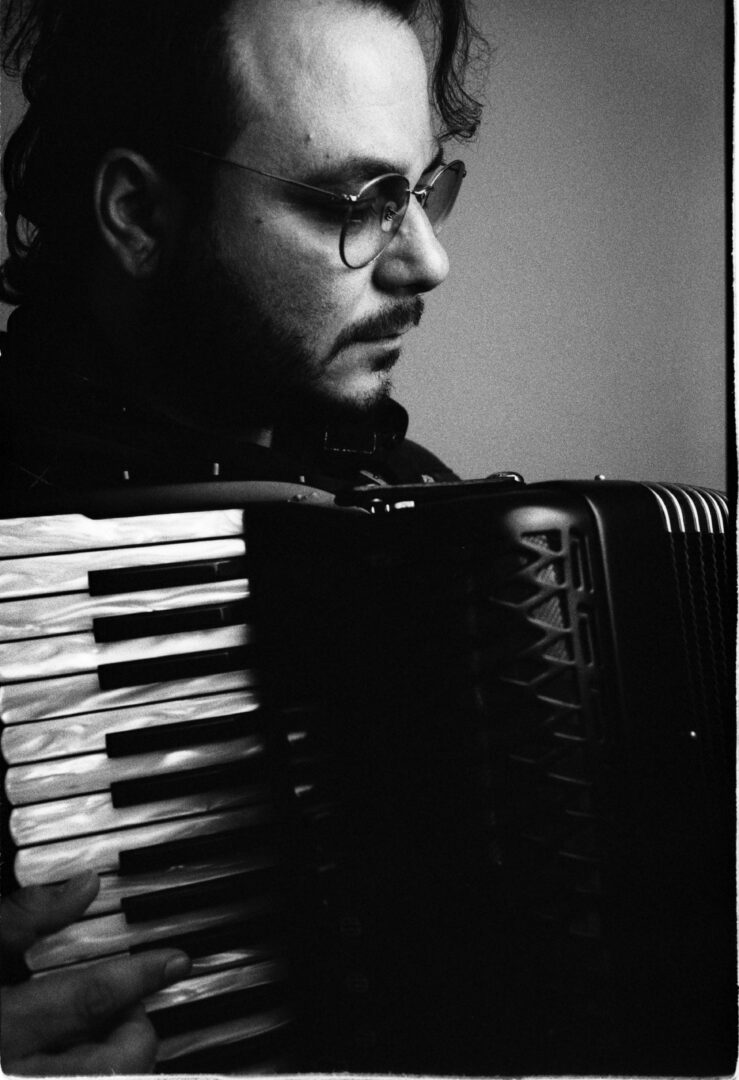
Image Credits
Raphael Lehnen
so if you or someone you know deserves recognition please let us know here.

